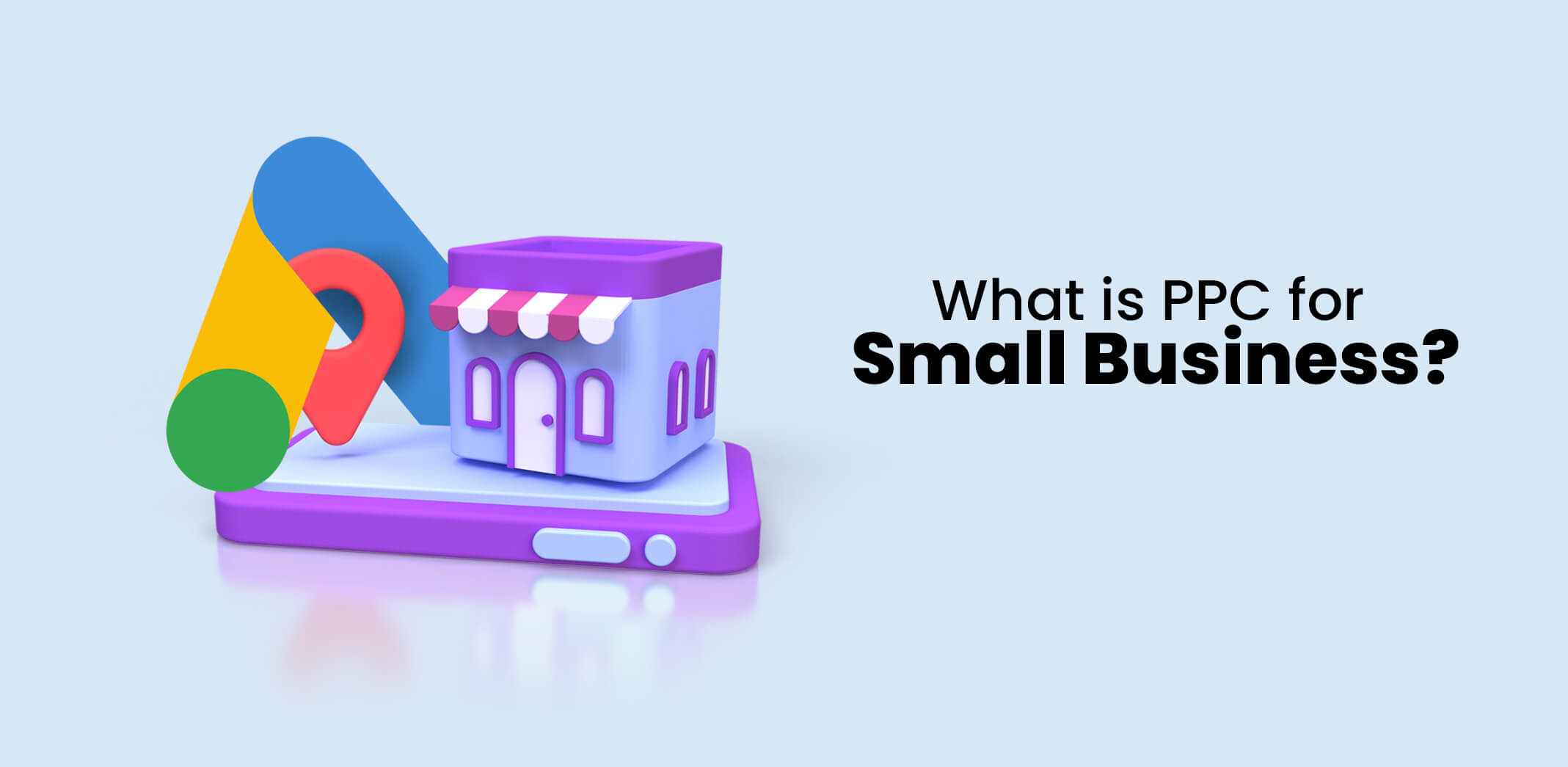PPC Small Business – Driving Growth with Pay-Per-Click Advertising
Pay-Per-Click advertising acts like a turbo boost for small businesses, letting them grow fast and connect straight to the folks they’re aiming for. This smart, money-saving strategy shakes up how companies shout about their awesome stuff. By jumping into this plan, small businesses open the door to boost growth, get their name out there, and hit those marketing targets. Aim your ads exactly where folks hang out online, like on social media; it’s like fishing where the fish are swimming!
What is PPC for Small Businesses?
PPC (Pay-Per-Click) for small businesses refers to an online advertising model where businesses pay a fee each time their ad is clicked. It’s a way to drive traffic to websites by buying visits rather than earning them organically. PPC allows businesses to target specific demographics, locations, and interests, ensuring ads are seen by the most relevant audience. PPC provides detailed performance data, making it easier to measure return on investment (ROI) and make informed decisions to optimize campaigns.
Why Small Businesses Should Invest in PPC
Small businesses should consider investing in PPC (Pay-Per-Click) advertising for several compelling reasons:
Immediate Traffic PPC campaigns can direct traffic to your website almost instantly. Unlike organic search methods that take time to deliver results, PPC can bring visitors as soon as your ads go live.
Targeted Advertising PPC allows for precise targeting. You can reach specific demographics, geographic locations, interests, and even device types, ensuring that your ads are seen by the most relevant audience for your business.
Budget Control With PPC, you can set daily or monthly budgets and control your spending. You can start with a modest budget and adjust it based on performance, ensuring that you only spend what you’re comfortable with.
Tips for Setting a PPC Budget for Small Businesses
Setting a PPC (Pay-Per-Click) budget effectively is crucial for small businesses to maximize return on investment (ROI) and achieve their advertising goals. Here are some tips for setting a PPC budget:
Determine Your Goals, identify what you want to achieve with your PPC campaign (e.g., increased website traffic, lead generation, sales).
Analyze Your Costs, be able to review your existing marketing costs and determine how much you can allocate to PPC.
Set a Realistic Budget, determine a daily or monthly budget that aligns with your total marketing spend and business finances.
Prioritize Keywords, be able to allocate more budget to high-performing keywords or high-value keywords that generate the most conversions.
Crafting Effective Ads on a Limited Budget (strategies)
Creating effective ads on a limited budget requires strategic planning and creative execution. Here are some strategies to maximize the impact of your ads while controlling costs:
Optimize Ad Copy: You must create compelling headlines by designing attention-grabbing headlines that clearly convey the value of your product or service.
Social Media Ads: Leverage social media platforms like Facebook and Instagram offer budget-friendly advertising options with powerful targeting capabilities.
Monitor and Adjust: Track performance regularly monitor key metrics such as click-through rate (CTR), conversion rate, and cost per acquisition (CPA).
Keyword Research Tips for Small Businesses
Keyword research is crucial for small businesses to effectively target their audience and improve their online visibility.
| 1. Utilize Free Tools | Provides data on search volume, competition level, and keyword suggestions. Offers keyword ideas and SEO metricsProvides keyword research and competitive insights |
| 2. Focus on Long-Tail Keywords | Focus on search volume to reach a large audience.Integrate keywords in your website content, blog posts, product descriptions and meta tags |
| 3. Analyze Competitors’ Keywords | Use Keyword Research Tools like Planner, SEMrush, and Moz Keyword Explorer. |
Measuring Success: Key PPC Metrics for Small Businesses
Measuring the success of PPC campaigns is crucial for small businesses to understand their effectiveness and optimize their strategies. Here are key PPC metrics to pay attention to:
Click-Through Rate (CTR), measures the percentage of people who click on your ad after seeing it.
Conversion Rate, conversion rate measures the percentage of users who complete a desired action (e.g., purchase, sign-up) after clicking on your ad.
Return on Ad Spend (ROAS), measures the revenue generated for every dollar spent on advertising.
Common PPC Mistakes Small Businesses Make
Avoiding these mistakes can help improve the effectiveness of your advertising efforts. Here are some common PPC mistakes and how to avoid them:
- Setting Unrealistic Budget: Able to allocate too much budget on low-performing ads or keywords and too little on high-performing ones. Monitor your budget and spending allocation carefully. Adjust the budget based on performance data to ensure optimal investment.
- Using Broad Match Keyword: When you fail to use negative keywords, which can lead to wasted spending on irrelevant searches. Regularly add negative keywords to filter out traffic that’s irrelevant to your business.
- Ignoring Mobile Optimization: When not optimizing ads or landing pages for mobile users, resulting in poor user experience on mobile devices. Ensure your ads and landing pages are mobile-friendly and provide a smooth experience across all devices.
Future Trends in PPC for Small Businesses
Here are some future trends in PPC for your small business:
Increased Use of Artificial Intelligence (AI)
- AI is becoming more common in PPC, with platforms using machine learning to optimize ad bidding, targeting, and performance.
Enhanced Automation
- Greater emphasis on automation in PPC management, including automated bidding strategies and dynamic ad creation.
Integration with Social Media
- More seamless integration between PPC and social media platforms, including more sophisticated targeting and ad formats.
Conclusion
Pay-Per-Click (PPC) advertising has emerged as a powerful tool for small businesses to achieve rapid growth and connect with their target audience. This cost-effective and results-oriented advertising approach has revolutionized the way businesses promote their products and services. By implementing this strategy, small businesses can effectively leverage PPC advertising to drive growth, increase brand visibility, and achieve their marketing goals.
